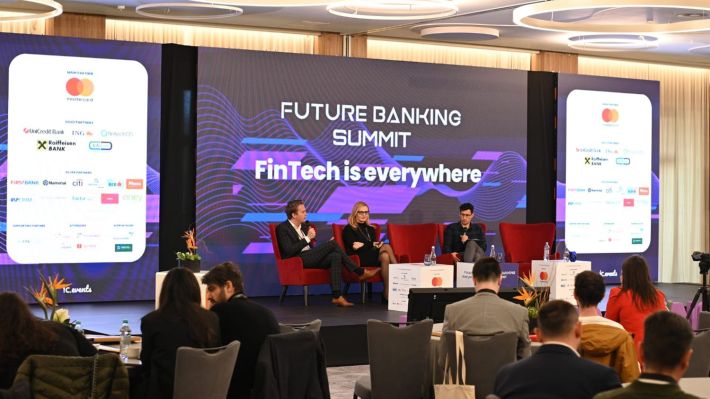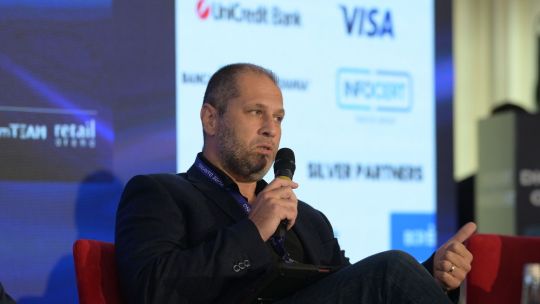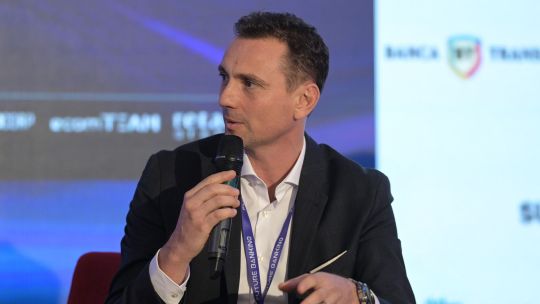Future Banking 2022 was about the future and the consumer
25 October 2022 | Alexandru Ardelean

Mai multe despre:
About
Articole similare





Cât de importantă este viteza în banking? Cum răspunde Valentina Dragomir Evrotrust
24 October 2024 | Team

Future Banking Summit | Iulia Rusu, ING: Creditul ipotecar 100% online este foarte aproape
14 October 2024 | Luminița Mîndrilă

Adrian Dogaru, Iron Mountain: Există foarte multă hârtie în bănci. Aceasta va coexista cu tehnologia
17 October 2024 | Luminița Mîndrilă

Dinculescu, Namirial: AI-ul pe care îl folosim noi trebuie să fie mai bun decât cel al atacatorului
17 October 2024 | Luminița Mîndrilă
Cele mai citite articole




